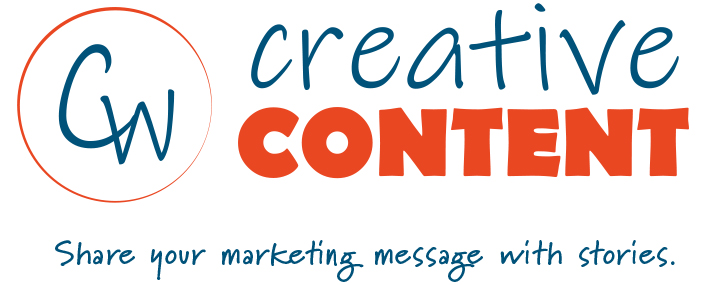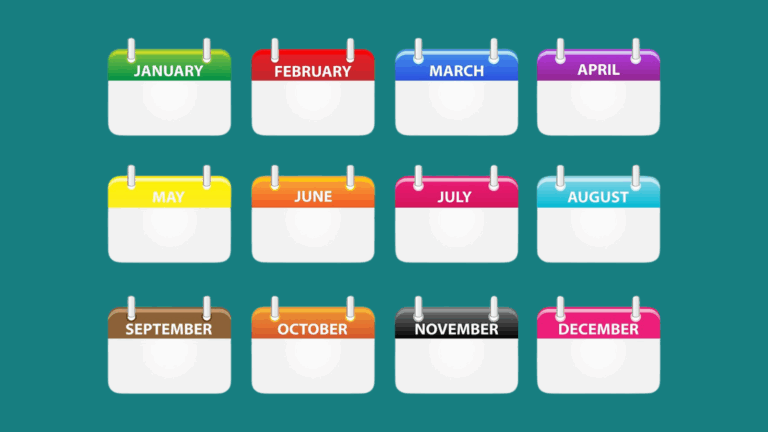Taking shortcuts to avoid doing research is never a good idea.
Unless your career took you into higher education (with lots of essays, papers, reports, and theses), the word “research” may simply stir up memories of elementary school book reports and looking up facts on your favorite South American country in 6th grade.
(By the way, the country I chose for my 6th grade report was Peru … which I still think is a fascinating place.)
My own idea of research changed a lot when I became an assistant editor at a magazine focused on international travel.
Soon after starting there, I learned that research was more than just doing a quick Google search for a place or person that one of our subscribers happened to mention in their letter. I also learned that Wikipedia could NOT be my primary source of information!
Not only did I need to check the correct spelling of unusual places (a challenging thing to do sometimes, since there were often two or three variations in spelling for the same location), I also needed to verify the truth of statements like “The Lion Gate at Mycenae in Greece was built in the 11th century BC.”
(According to UNESCO’s World Heritage Sites, it was actually built in the 13th-14th centuries BC. UNESCO’s World Heritage Centre was a resource we knew was very reliable, so I always kept a copy of their book on my desk.)
Other reliable sources were Fodor’s, Lonely Planet, and Rough Guides. Sometimes, though, I had to depend on travel blogs about some obscure locations, since they weren’t mentioned at all in the traditional travel guides.
KNOWING WHERE TO LOOK
You don’t have to be a newspaper reporter or a law student to be qualified to do research. You just have to know the right places to look for the information you need … or know the right people to ask!
If you’re thinking of trying out a new restaurant for dinner some weekend, you could either call a friend who’s eaten there, or you can look for Yelp or Google reviews about the place online.
But knowing where to look is just one part of research. The other part is taking the time to DO the research!
AVOIDING SHORTCUTS
If you’re a small business owner who’s strapped for time, chances are you’d rather NOT have to spend time doing research.
The problem is, almost every aspect of a business requires at least some level of research – whether it’s something simple like finding a good place for lunch or something more challenging like deciding on the best keywords for your next blog post.
If you try to take shortcuts with either of the things I just mentioned, you could end up being really unhappy with your dining experience … or disappointed with the lack of traffic coming to your website.
If you take too many shortcuts – namely, not doing the research that could help your business, it won’t be long before you start realizing that the shortcuts aren’t getting you to your goals any faster than if you’d done the research first. In fact, they may not get you to your goals at all!
HAVE YOU CONSIDERED …
… other options to help you with your research?
One way some business owners have chosen to deal with the challenges surrounding research is to hire someone to help them on a part-time basis – either in their office or remotely (with a virtual assistant).
Listed below are four types of research that benefit ALL small businesses.
MARKET RESEARCH
Market research covers a wide variety of things. One client asked me to do extensive research on independent publishers, since she was trying to avoid having to self-publish a book she’d written.
A task that many small businesses do, if they’re trying to appeal to a particular niche, is create a “user persona” to represent their target audience.
Surveys and interviews are two ways a business can gather info for their “ideal customer profile,” focusing on the ways people interact with your product or service … and what their goals are.
TRAVEL ARRANGEMENTS
The research involved with making travel arrangements may be less complex than market research, but it still requires time … especially if it’s done correctly. Calling several hotels, restaurants, or airlines – instead of just one or two – is the only way to do a proper comparison of costs or types of services.
SOCIAL MEDIA POSTS
Creating and scheduling posts for several different platforms … and being consistent with that … is not just about scheduling. Business owners need to know which platforms their ideal clients are using AND which posts their audience is engaging with the most.
Knowing those two things will point them in the right direction when creating future posts.
KEYWORD SEARCHES
Discovering the terms and phrases your audience (and potential clients) look for in online searches can help you come up with new topics for your next piece of content. Ranking higher in Google searches is another nice perk.
* * *
Research doesn’t have to be complicated. It just needs to be done.
But skip the shortcuts.








